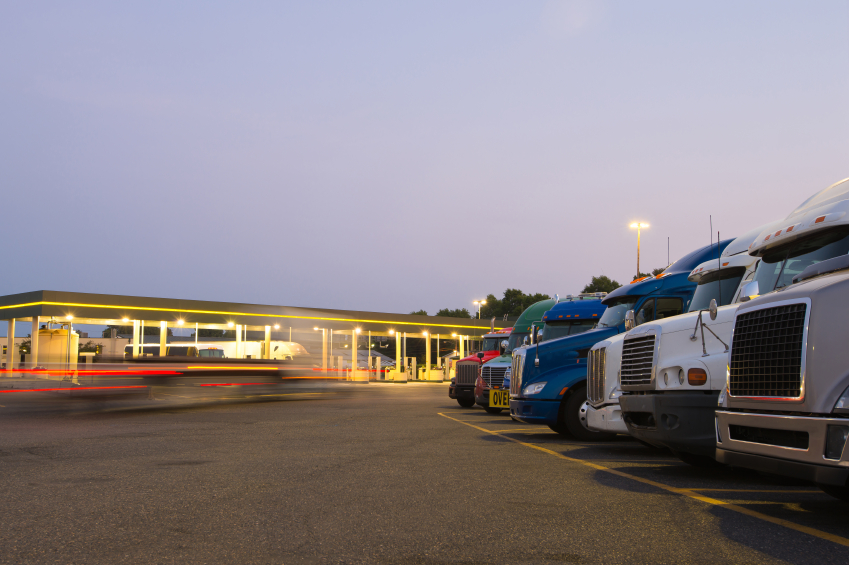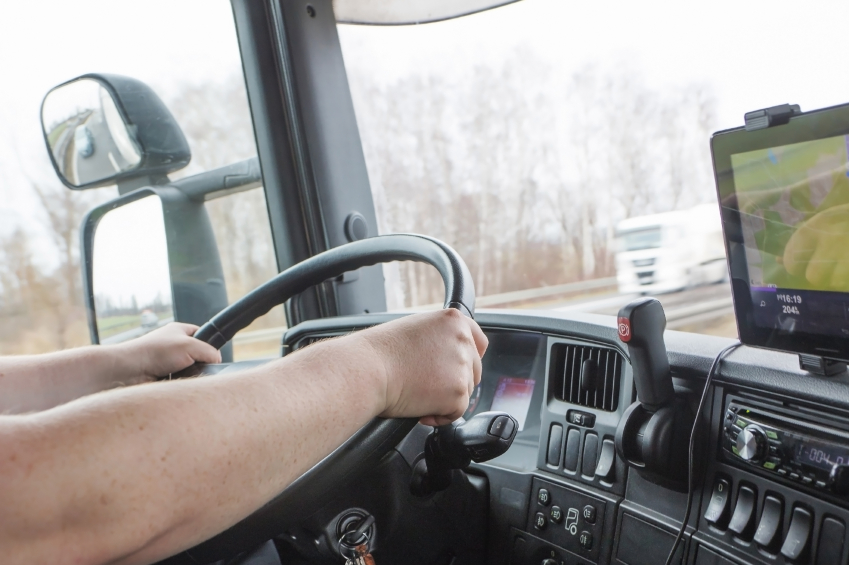
As it turns out, cargo theft is a growing problem in Canada. Every year, approximately $5 billion in goods gets stolen. This means that finding effective solutions to prevent these crimes is a top priority.
Here’s a closer look at which items are top targets, as well as how you can help prevent these thefts once you complete your dispatch training.
Which Items Are Stolen During Cargo Theft?
During your dispatch training, you’ll learn that the transportation industry helps to move countless goods across the country. From fresh produce to clothes and jewelry, most items that end up on store shelves first had to be driven to the store by a transport professional. That’s why cargo theft doesn’t just target items with high ticket prices like laptops and televisions. In fact, during a recent heist in the fall of 2015, suspects made off with approximately 15,000 kilograms of candy valued at $200,000. Many of these goods are later sold at flea markets or online, making them worthwhile targets for thieves. Common items often targeted by cargo thieves include:
- alcohol and tobacco
- pharmaceuticals
- food and beverage items
- clothes and footwear
- electronics
- construction materials
It might surprise students to learn that food and beverage items are most often stolen during cargo heists, making Ontario’s candy heist not an out of place occurrence.
1. Pros with Dispatch Training Know to Evaluate Risks to Help Keep Cargo Safe
The first step to reducing the risk of cargo theft is to determine when and where the risk of theft is most present. As you might soon discover during your studies, there are certain times of year when cargo theft is more common. During the fall months leading up to Christmas, for example, cargo theft usually increases. As Garry Robertson of the Insurance Bureau of Canada says “To give you an example, last year we had roughly 200 theft reports given to us. This year so far [2015], we’re up over 400. And that’s primarily just in southern Ontario.”

Thefts are also most likely to occur at warehouses, truck stops, and parking lots. That’s why it’s a good idea to hire security guards and install security cameras to monitor warehouses. Parking lots should also be properly secured by fences, and locks and alarm systems should be installed on trucks to ensure that cargo doesn’t get stolen during a quick stop.
2. Dispatch Training Teaches Students to Use GPS to Track Trucks and Cargo
As you start your first dispatch course, you’ll soon discover that GPS has become an important part of the transport industry. GPS helps dispatch professionals plan the most efficient routes for drivers, manage fleets, and even lower insurance costs. In addition, GPS offers another important advantage: it can help police officials locate stolen goods.

If a truck suddenly veers off course, you’ll learn that that change could signal that it has been stolen. As a result, you can quickly notify authorities so that they can catch the perpetrators.
Want to start your training at a top dispatch school in Cambridge? Visit our website to find out more about why our students love training at ATC.

